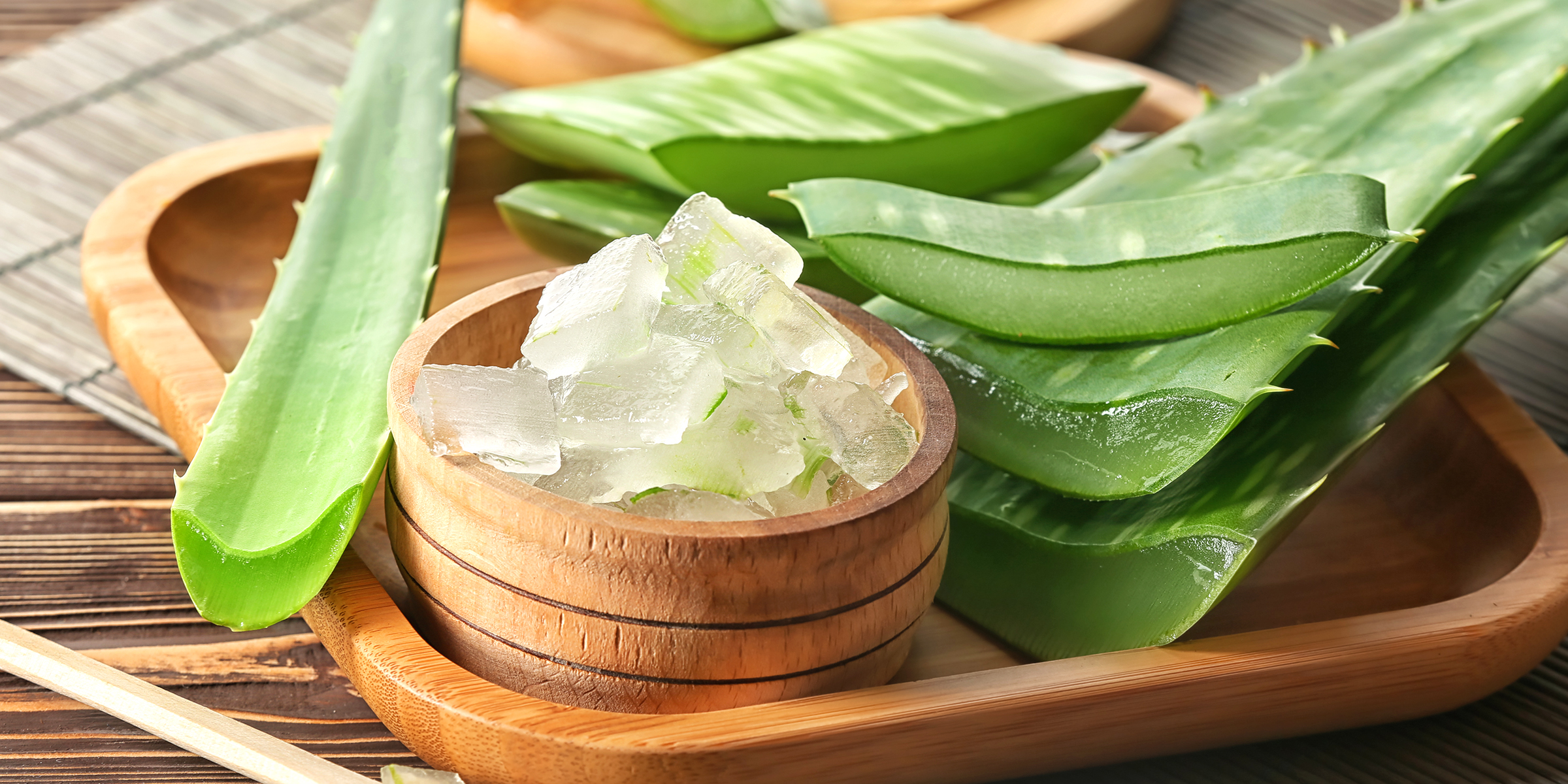
Aloe Vera Skincare: Harnessing the Power of Nature for Healthy Skin
There are many ways to use aloe vera in your face and skincare routine. Integrating this wonder gel into your daily regimen is a timeless option amid modern beauty trends. Its juice has numerous benefits for the skin.
If you embark on a journey to nurture your skin's well-being, you need an extraordinary ally: aloe vera. The gel derived from a plant has loads of beneficial properties for our skin.
In matters of beauty and skincare, its reputation is unmatched. However, every beautiful thing has its unpleasant side, and like aloe vera, it has its fair share of potential side effects.
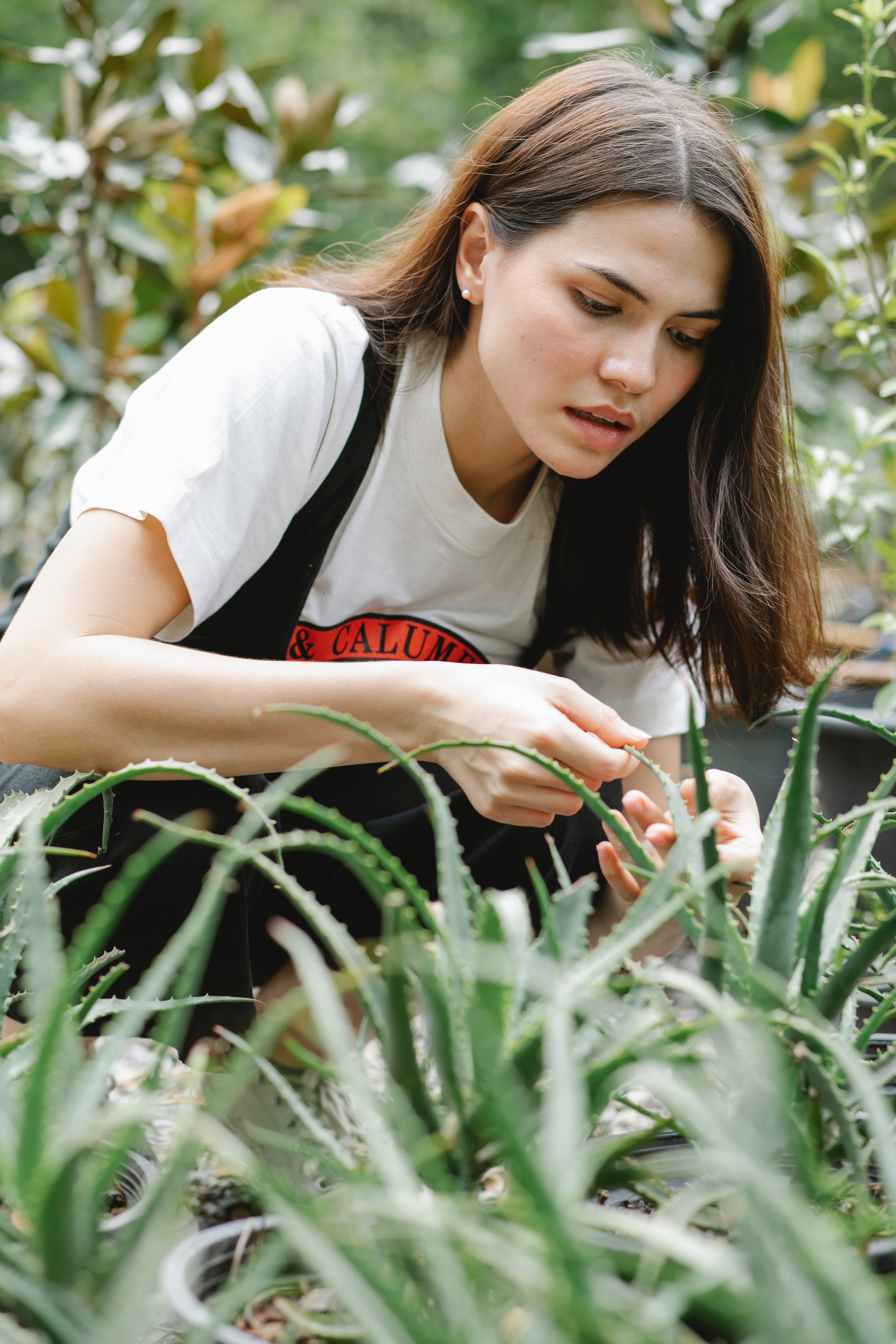
A woman exploring a patch of aloe vera plants. | Source: Pexels
Aloe Vera as Soothing Skin Solutions
Consider aloe vera if you are trying to decide on the right products to protect you from harmful elements like the sun's heat or are uncomfortable with modern beauty treatments.
Aloe vera is a natural ingredient that is famous for its soothing qualities. It is made in various forms, like powder or liquid. Some aloe vera-based products are made of gels, creams, masks, and moisturizers. Aloe vera is composed primarily of water.
As a natural moisturizer, it hydrates the skin without leaving a greasy residue. Its anti-inflammatory properties make it beneficial for soothing dry skin, reducing blemishes, wrinkles, and acne. It is gentle and suitable for all skin types. It treats insect bites, sunburns, acne scars, dark circles around the eyes, wound healing, and more.
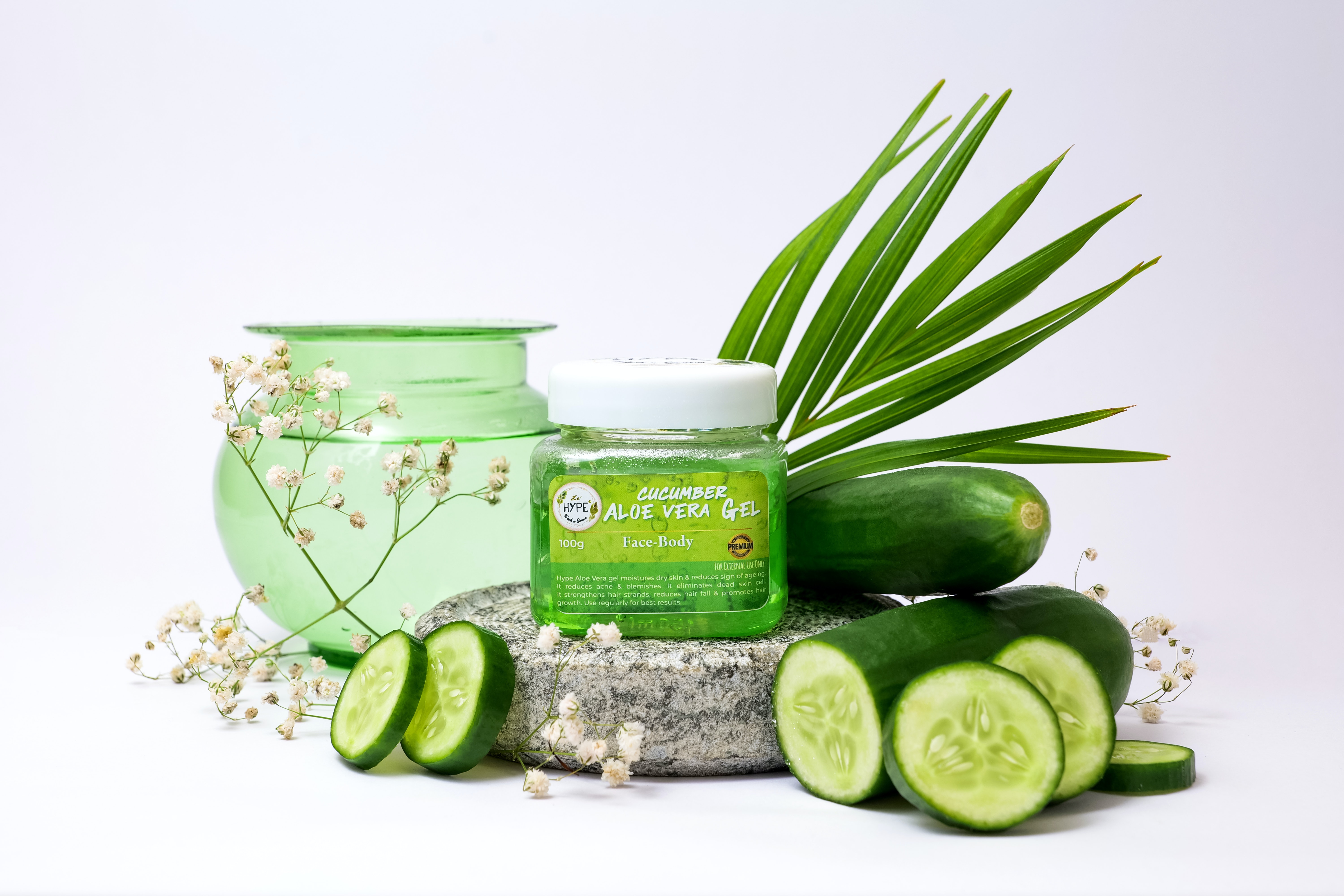
A jar containing aloe vera gel. | Source: Pexels
Using Aloe Vera in Your Everyday Skincare Routine
When purchasing an aloe vera product, experts advise avoiding items containing harmful ingredients like alcohol or other chemicals. These additives can cause adverse effects on your skin.
Using aloe vera is not without potential side effects.
While most people opt for commercially-produced aloe vera products, some prefer to tap into the plant's natural prowess straight from the source — the plant itself.
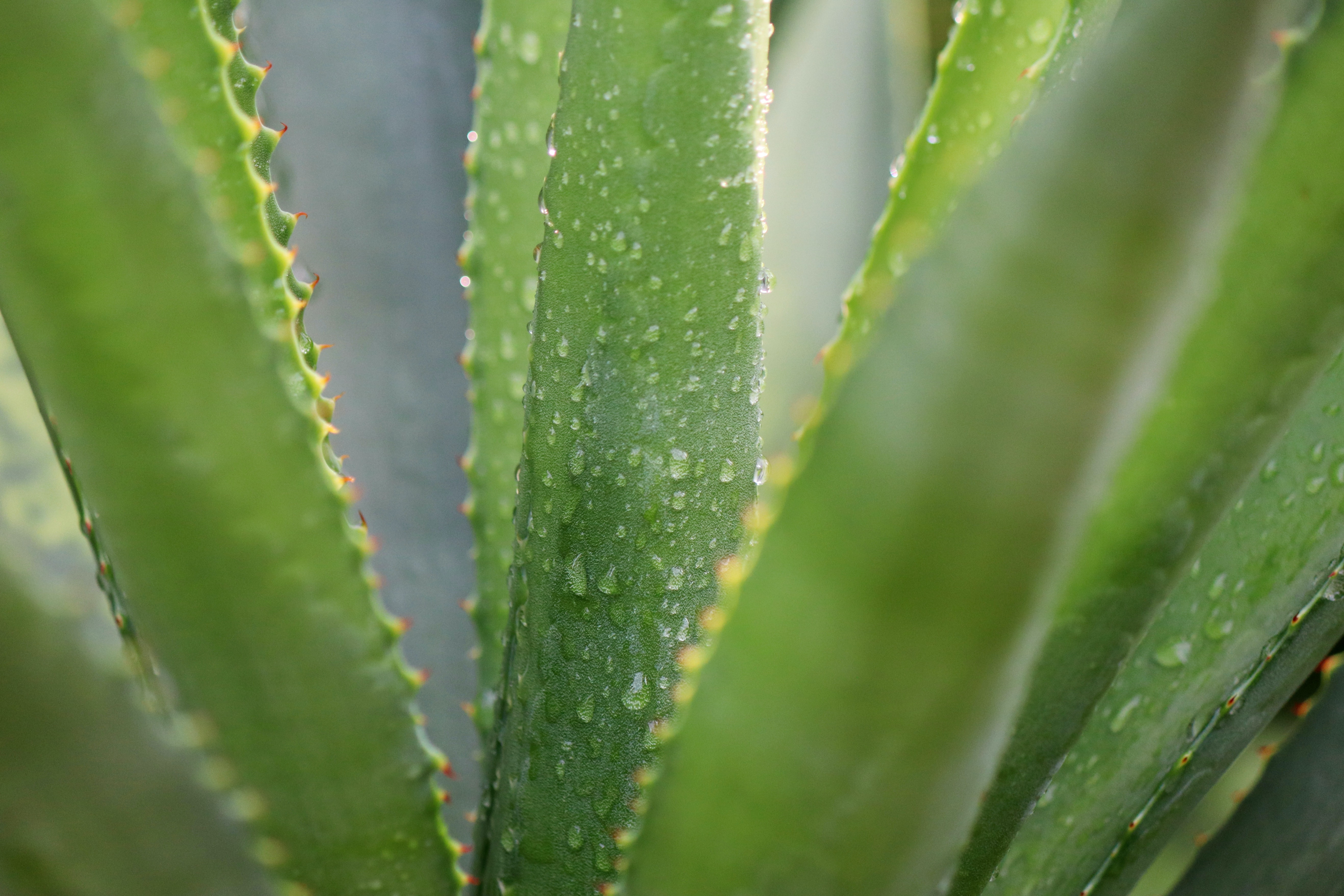
Dewdrops trickling down the aloe vera plant. | Source: Pexels
You can extract raw aloe vera gel from its plant by cutting the leaf near the root. After cutting, rinse and dry the leaf, then place it in a bowl for around 15 minutes with the cut side inside. This allows the yellow aloe vera latex to drain out because it has laxative properties unsuitable for everyone.
Next, remove the pointed end and spines of the leaf, then soften the leaf by gently pressing it. Open the leaf by laying it flat, slicing it down the center, or peeling away the outer green layer.
Use a spoon or knife to scoop the gel out and wash it thoroughly until no residue remains. Place the gel in a sealed container inside the refrigerator for two weeks. Alternatively, you can freeze the gel in ice cube trays for longer-term storage.
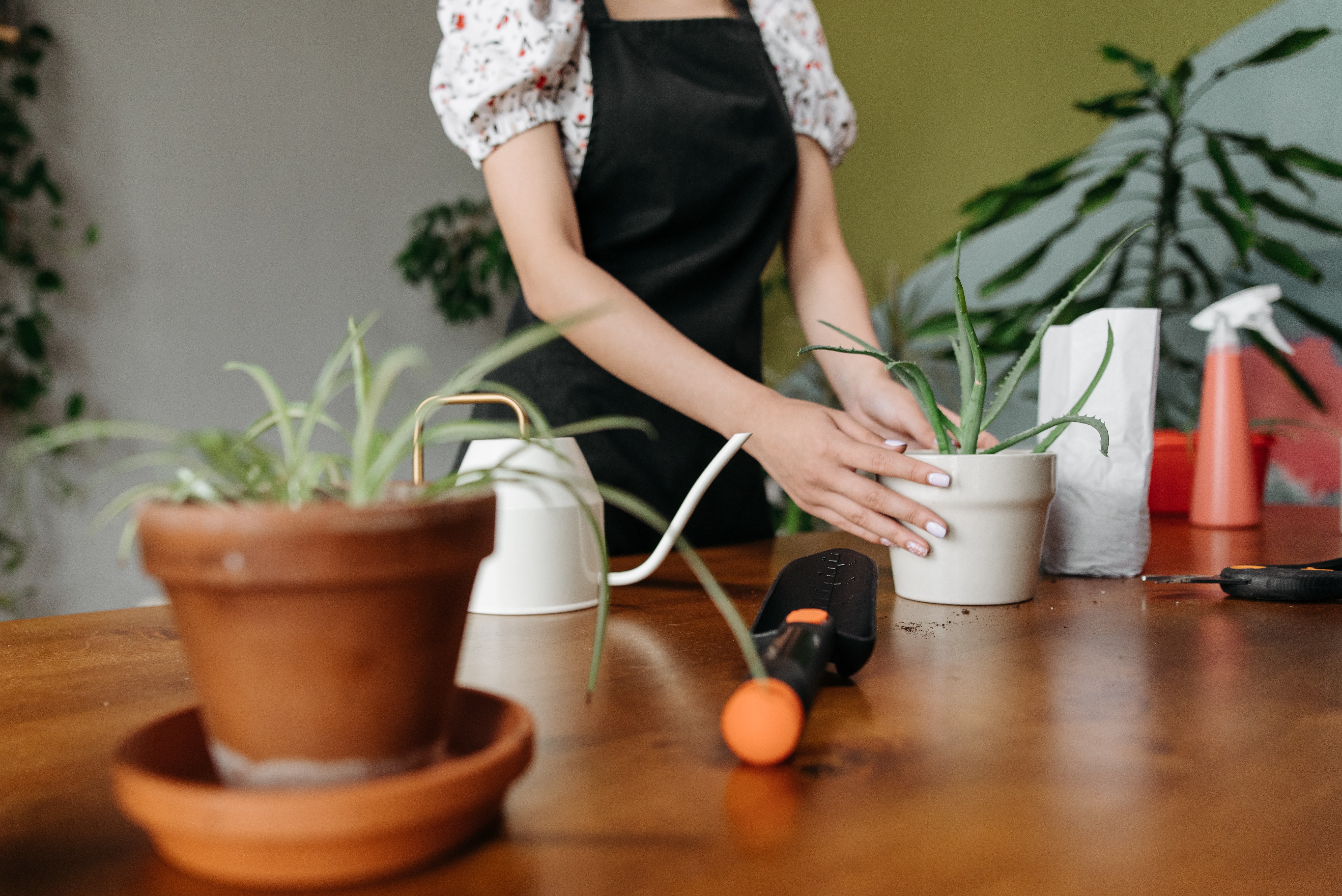
A woman and her aloe vera plants. | Source: Pexels
Whether raw or processed, aloe vera has many popular applications. You can use it in skincare routines such as a face mask, spot treatment, or moisturizer. If used as a face mask, it soothes the face. This is effective when combined with honey to harness its antibacterial and moisturizing properties.
Aloe vera serves as an excellent spot treatment for managing breakouts. When applied to the affected area, it combats the bacteria responsible for acne. Using a small amount of aloe vera overnight and gently washing it off in the morning can contribute to achieving a visibly clearer complexion.
Also, aloe vera is a gentle yet potent moisturizer for addressing dry skin concerns. It can be used on its own or seamlessly mixed with oils and creams to provide an extra layer of hydration and nourishment. By embracing these versatile applications, you can effectively harness their numerous advantages for your skincare routine.
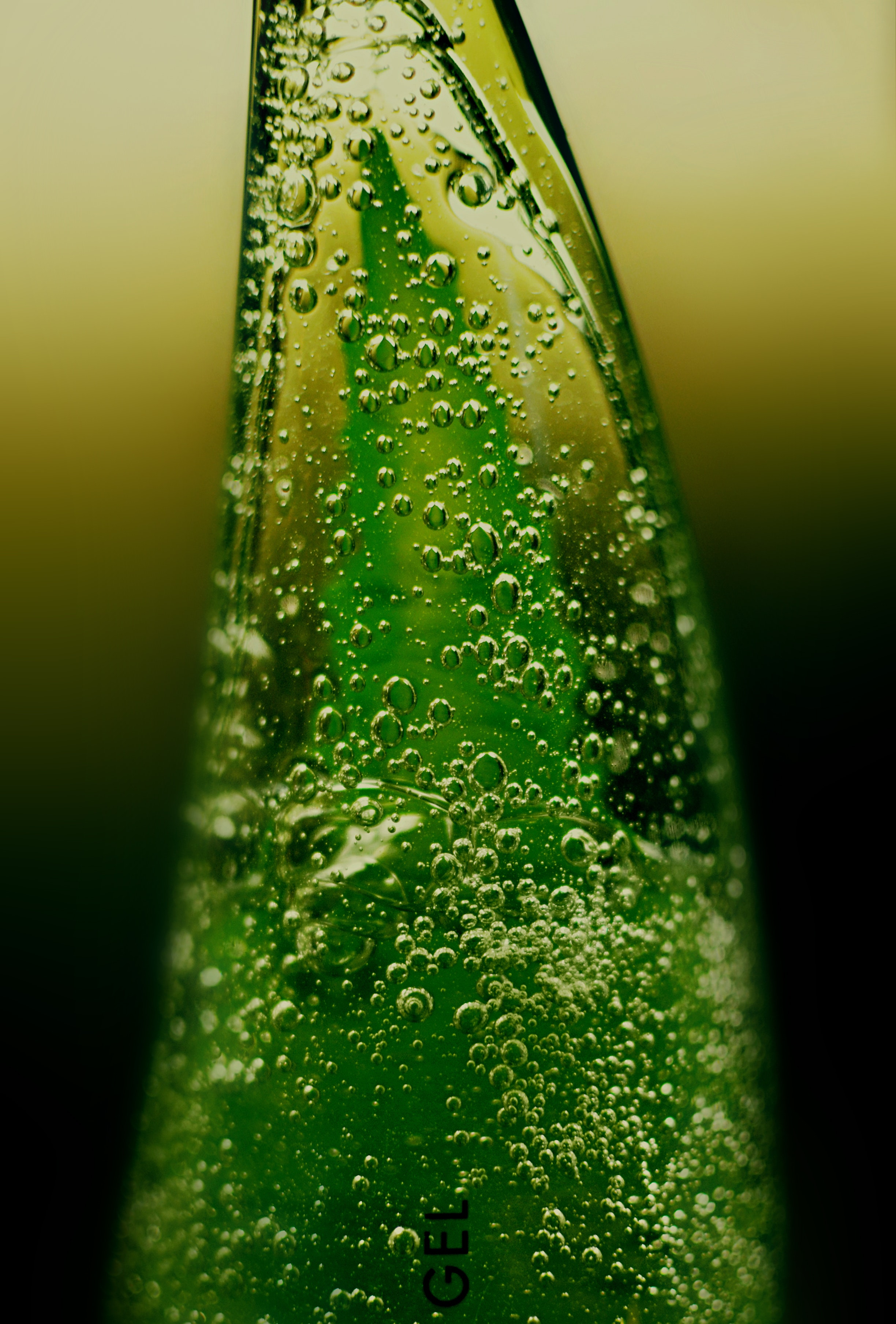
A closer look at a container of aloe vera gel. | Source: Pexels
Lesser Known Facts of Aloe Vera's Miraculous Properties
However, there's no scientific backing for the benefits of aloe vera. It is mainly suitable for calming and moisturizing the skin, but it's not a one-size-fits-all solution. Dermatologist Marnie Nussbaum said:
"There are tons of uses for it, and it's great for face masks and calming, but it's not better than other things we have, like vitamin C and niacinamide. It's a safe thing to use for the skin for hydration and anti-inflammatory, but it's not an end-all, be-all."
Using aloe vera is not without potential side effects. Avoiding aloe vera is best when dealing with a severe burn or a significant wound. Putting this product on the wound might hinder the skin's healing process, especially after major surgery.
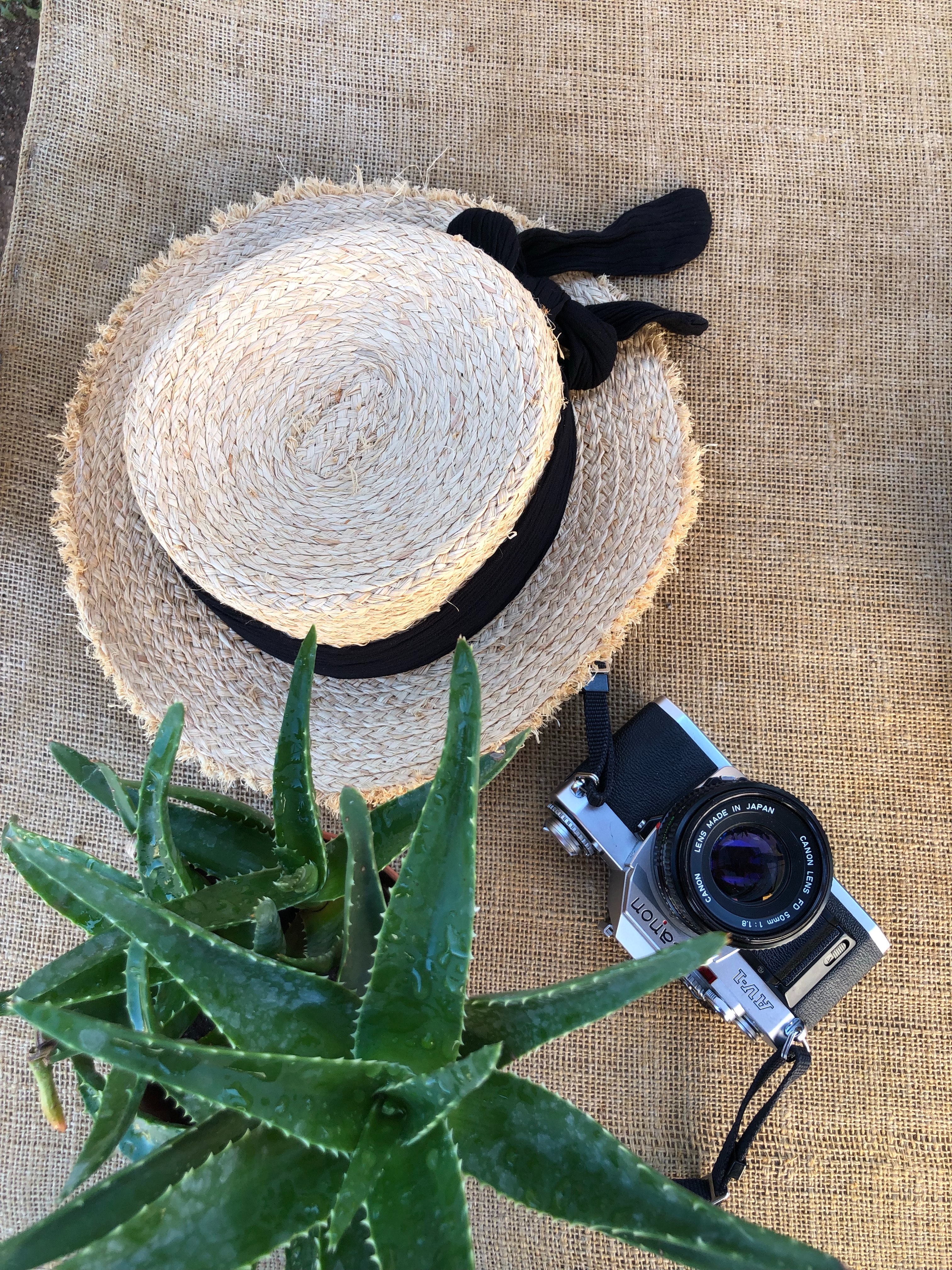
An aloe vera plant pictured beside a hat and a camera. | Source: Pexels
Applying aloe vera to your skin might lead to mild itchiness or a slight burning sensation. Typically, this isn't a cause for concern. However, if a rash or hives appear, it indicates an allergic reaction to the gel, and you should discontinue using it.
Despite having germ-fighting properties, the protective layer of aloe vera might inadvertently interfere with your body's natural healing mechanisms, potentially worsening infections.
It is crucial to avoid using aloe vera gel on skin that is already infected. In case you encounter any skin-related problems, it is highly recommended that you notify your doctor or physician.
